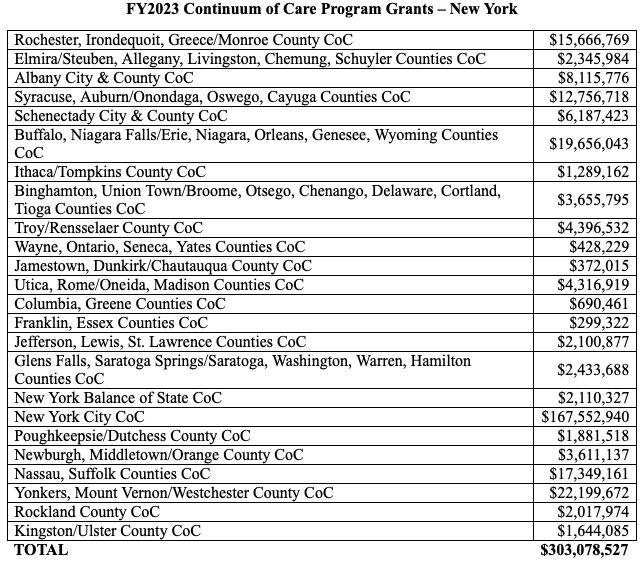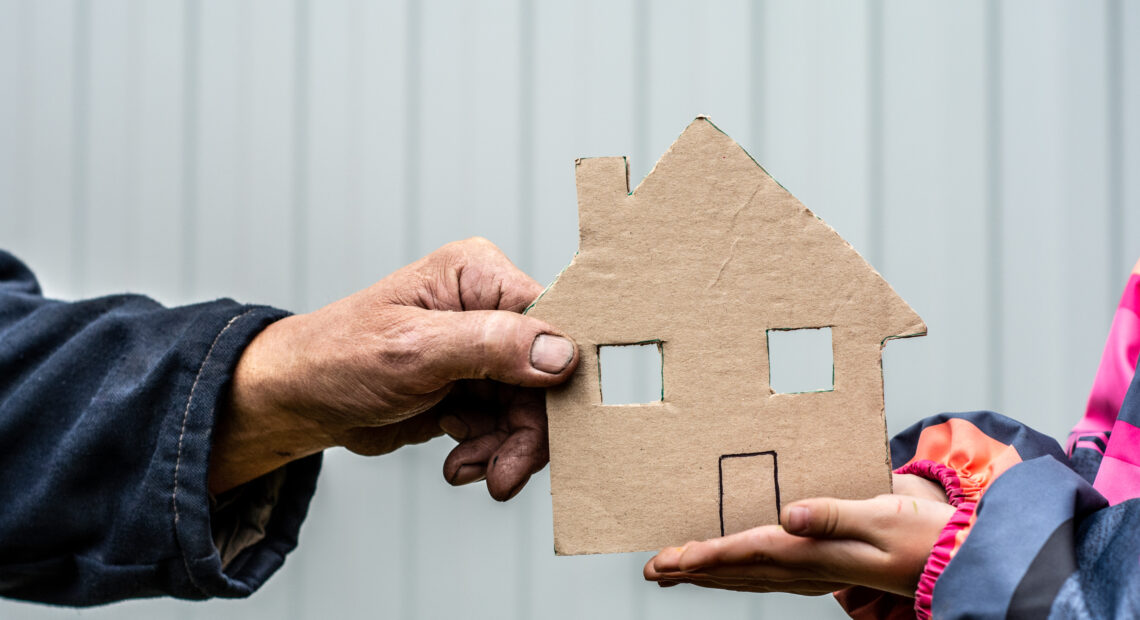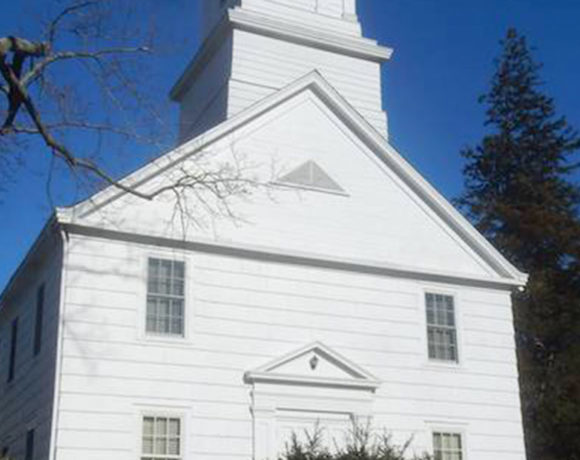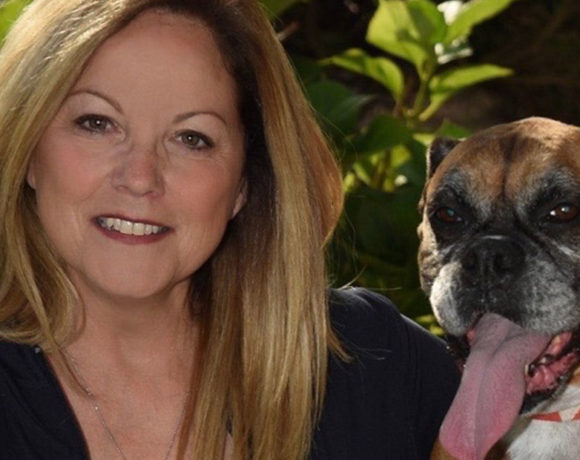The U.S. Department of Housing and Urban Development (HUD) announced nearly $3.16 billion in Continuum of Care Program Awards for over 7,000 projects that provide housing assistance and/or supportive services to people experiencing homelessness, as well as costs related to planning and data collection. Continuum of Care Programs in New York received $303,078,5278. See chart below.
“Now, more than ever, we are doing all we can to get people off the street and into permanent homes with access to services. That is why we are making sure the service providers on the frontlines of this crisis have the resources they need,” said HUD Secretary Marcia L. Fudge. “At HUD, we have served or permanently housed 1.2 million people experiencing homelessness in the last three years alone. The historic awards we are announcing today will help expand community capacity to assist more people obtain the safety and stability of a home, along with the supports they need to achieve their life goals.”
“HUD funding to homeless service providers is a vital lifeline local communities depend on,” said Alicka Ampry-Samuel, HUD Regional Administrator for New York and New Jersey. “This historic funding will make a difference in the lives of children and families in need of shelter, services, and guidance. Ending homelessness is achievable, and these service providers play a major role in reaching that goal.”
HUD’s Continuum of Care Program is the “backbone” federal program supporting community homelessness response systems across the country, providing grants to nonprofit providers, States, Indian Tribes, and local governments for permanent and short-term housing assistance, supportive services, planning, data, and other costs. The $3.16 billion announced today represents the largest-ever amount of CoC Program funding awarded to communities to address homelessness in history and provides a critical expansion of resources at a time when rates of homelessness are rising in most communities. Included in the $3.16 billion of total awards, approximately $136 million was made available for competitive and non-competitive Youth Homelessness Demonstration Program (YHDP) renewal and replacement grants. The 2023 awards also include approximately $57 million for new projects that will support housing and service needs for survivors of domestic violence, dating violence, sexual assault, and stalking.
Through this NOFO, HUD encouraged communities to use proven solutions to address homelessness, like approaches in which people are not required to first complete a treatment program or achieve sobriety as a condition to accessing housing, but instead first connect people to housing, often with supportive services, so that they can achieve better health and recovery. HUD also expanded Continuum of Care eligible activities to support protections available through the Violence Against Women Act Reauthorization Act of 2022 and to address the unique challenges CoCs face when serving people experiencing homelessness in rural areas. The new eligible activities will allow for greater support for underserved populations. Successful applicants demonstrated their community wide commitment to ending homelessness by highlighting local partnerships with health agencies, mainstream housing agencies, and others. Many communities are particularly focused on reducing unsheltered homelessness through a collaborative, interdisciplinary approach.
Since Day One, the Biden-Harris Administration has been tackling the nation’s homelessness crisis with the urgency it requires, prioritizing new resources and programs to help communities quickly reconnect people experiencing homelessness to housing. The Biden-Harris Administration’s pandemic-era protections and programs such as the scaling of additional Emergency Rental Assistance, and implementation of the enhanced Child Tax Credit and Earned Income Tax Credit prevented evictions and helped to prevent a spike in homelessness in 2021 even amidst worsening housing needs. The Administration has partnered with state and local leaders across the country to support their efforts. These investments are in addition to sweeping new efforts across the Administration to increase housing supply, lower costs, and protect renters, including through the first-ever Housing Supply Action Plan and Blueprint for a Renters Bill of Rights.
The Biden-Harris Administration continues its efforts to not only stop but reverse the post-2016 trend of rising homelessness, as stated in All In, The Federal Strategic Plan to Prevent and End Homelessness, which the U.S. Interagency Council on Homelessness (USICH) released in December 2022. President Biden’s FY2024 Budget calls for Congress to make commonsense investments to lower rental costs and address homelessness, including guaranteed vouchers for low-income veterans and youth aging out of foster care-two groups at higher risk of homelessness.
HUD remains committed to policy priorities of ending homelessness for all persons, placing emphasis on racial equity and anti-discrimination policies for LGTBQ+ individuals, engaging persons with lived experiences of homelessness in decision-making, and increasing the supply of affordable housing.









Recent Comments